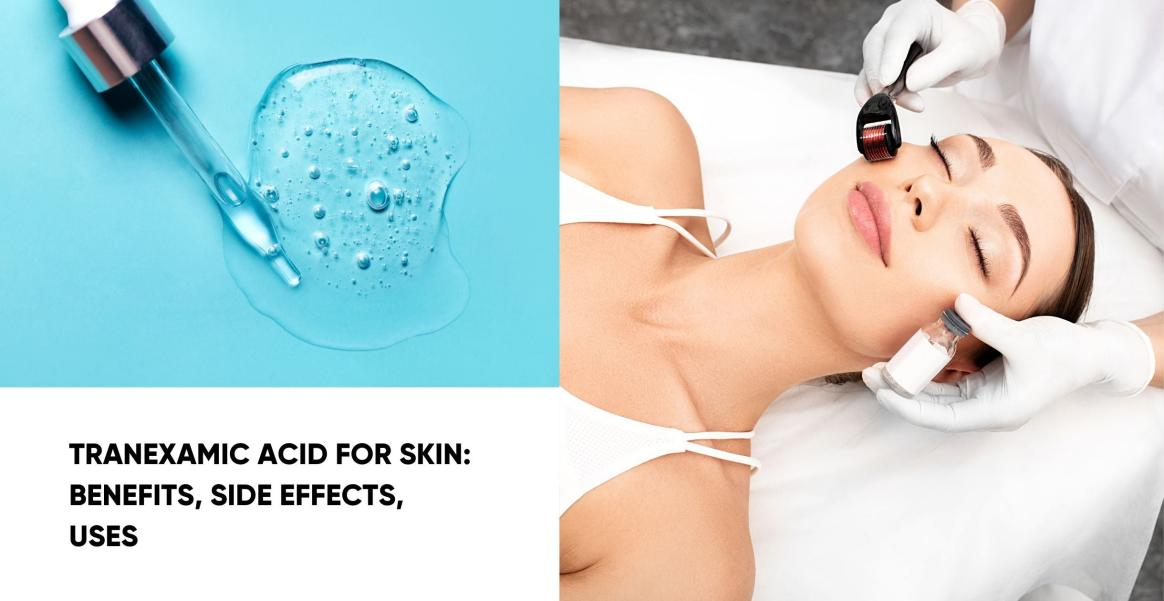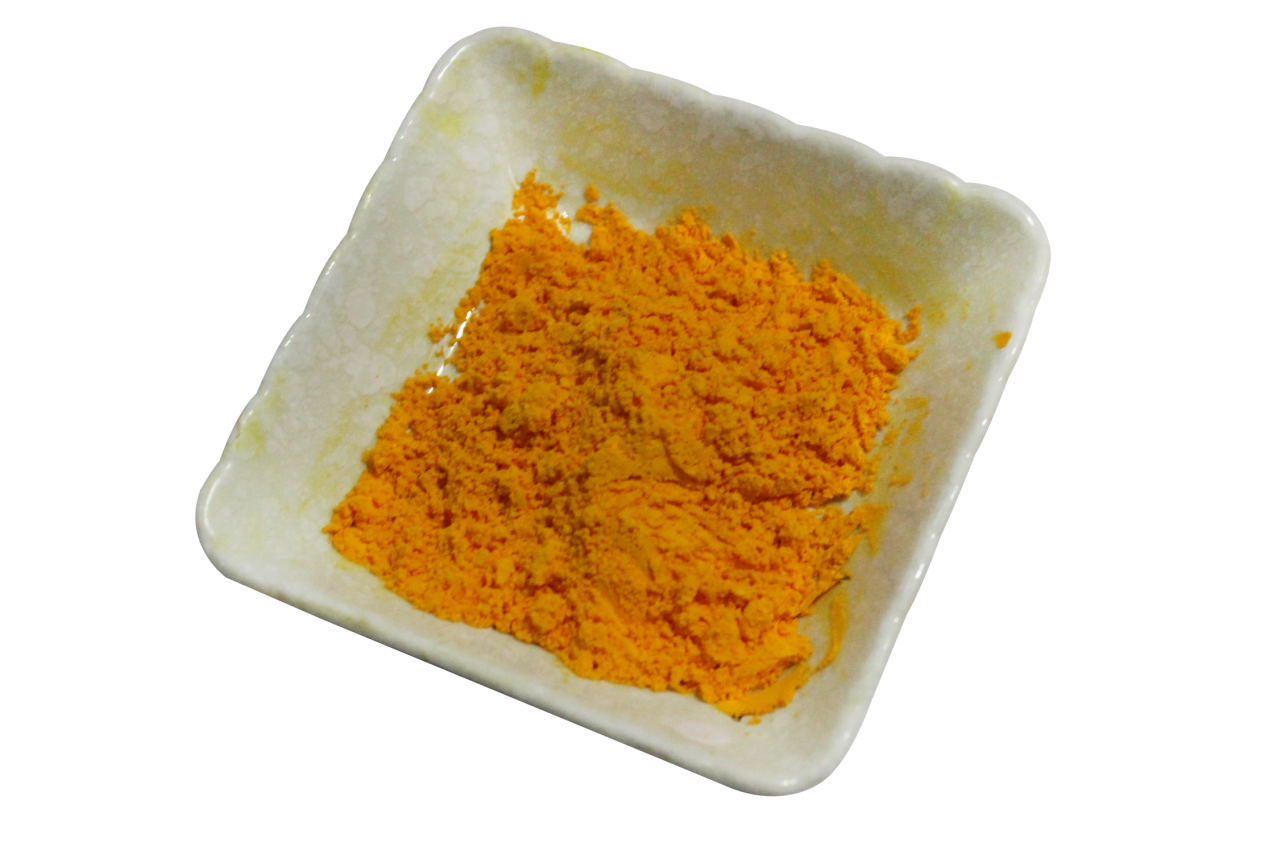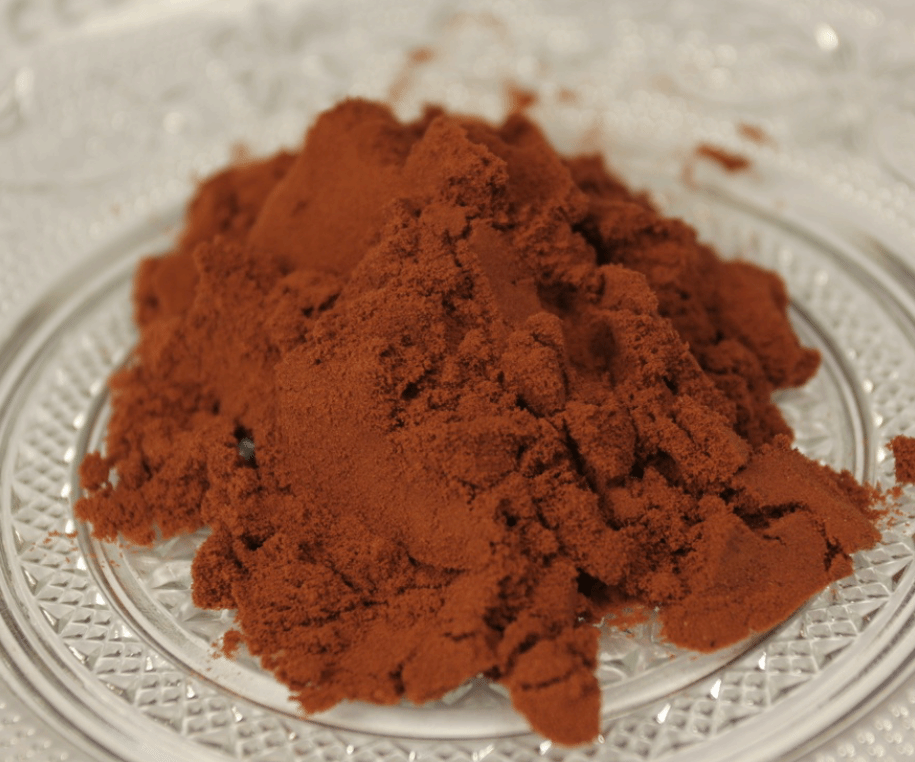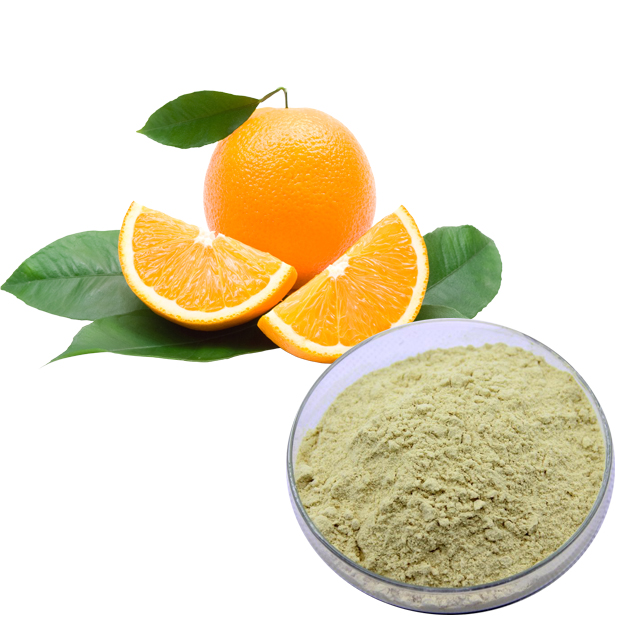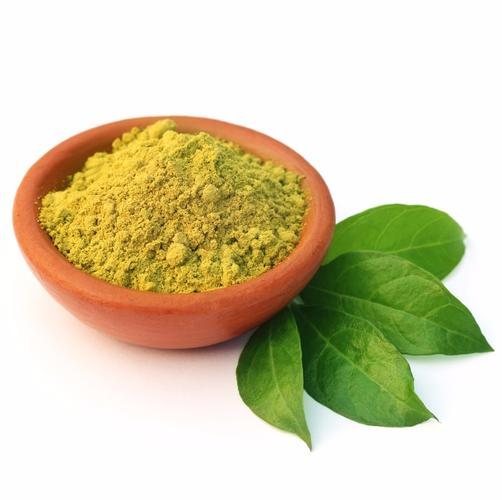Phloretin The Natural Ingredient Your Skin Needs for Radiant Glow
Phloretin is predominantly found in the skin and roots of certain fruits, particularly apples and pears, as well as in other plant sources like the leaves and bark of apple trees and lychee fruit peels.Phloretin is a natural flavonoid with a wide range of skincare benefits, including antioxidant, skin-brightening, anti-aging, anti-inflammatory, and sebum-regulating properties. Its inclusion in skincare products can significantly enhance skin health and promote a radiant, youthful glow.
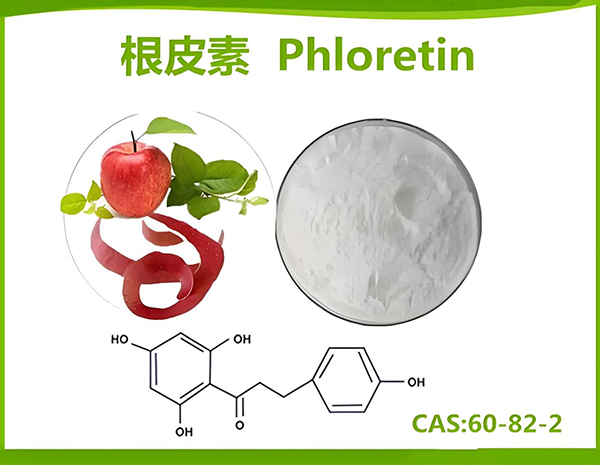
The History and Origin of Phloretin: From the apple peels to Your Skin
Phloretin, a natural flavonoid compound, has a rich history rooted in the peels of apples and other fruits. Its journey from a botanical source to a sought-after skincare ingredient highlights the evolving understanding of its properties and potential benefits.
As scientists uncovered the multiple benefits of Phloretin for skin health, its use in skincare products gained momentum. Its ability to combat oxidative stress, reduce inflammation, and brighten skin made it an attractive ingredient for skincare formulations.
Today, Phloretin is widely incorporated into various skincare products, including serums, creams, and lotions. Its potent antioxidant and skin-brightening properties contribute to a more youthful and radiant appearance.
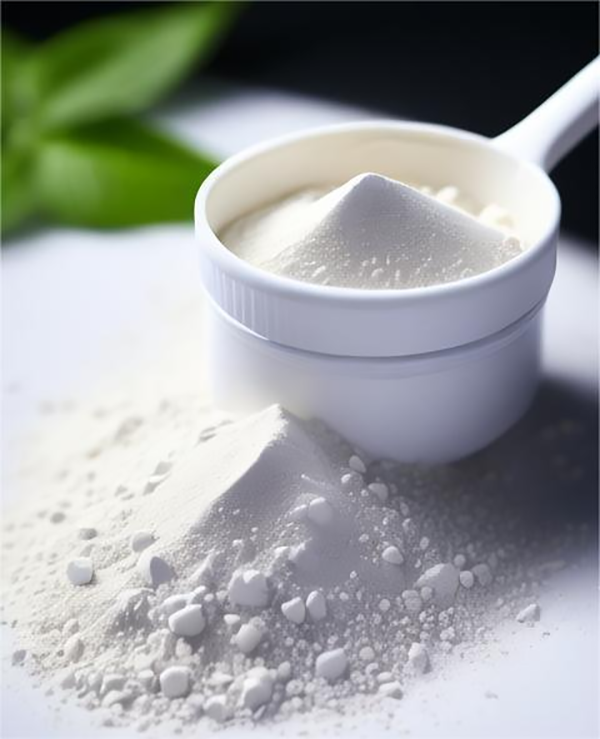
Phloretin's journey from the peels of apples to the forefront of skincare innovation is a testament to the power of natural compounds and the evolving understanding of their potential benefits. As research continues to uncover new properties and applications of Phloretin, its role in promoting skin health and beauty is likely to expand even further.
Phloretin vs. Other Popular Skincare Ingredients: A Comparative Analysis
In the vast landscape of skincare ingredients, Phloretin stands out as a unique and potent player due to its multifaceted benefits. When compared to other popular skincare ingredients, Phloretin offers a distinct set of advantages that make it a valuable addition to many skincare routines.
1. Antioxidant Properties
Phloretin: Known for its strong antioxidant activity, Phloretin helps neutralize free radicals that can damage skin cells and contribute to premature aging.
Vitamin C (Ascorbic Acid): Also a potent antioxidant, Vitamin C promotes collagen synthesis and brightens skin tone. However, it can be less stable and more prone to oxidation compared to Phloretin.
Niacinamide (Vitamin B3): While not an antioxidant in the traditional sense, Niacinamide helps support skin barrier function and reduce inflammation, working synergistically with antioxidants like Phloretin.
2. Skin Brightening
Phloretin: Phloretin has been shown to inhibit tyrosinase, an enzyme involved in melanin production, thereby helping to lighten and brighten skin.
Kojic Acid: Another ingredient known for its skin-lightening effects, Kojic Acid works similarly to Phloretin by inhibiting tyrosinase. However, it may be more irritating to some skin types.
Arbutin: Arbutin is a natural derivative of hydroquinone that also inhibits melanin production. It's gentler than hydroquinone but may not be as effective as Phloretin in some cases.
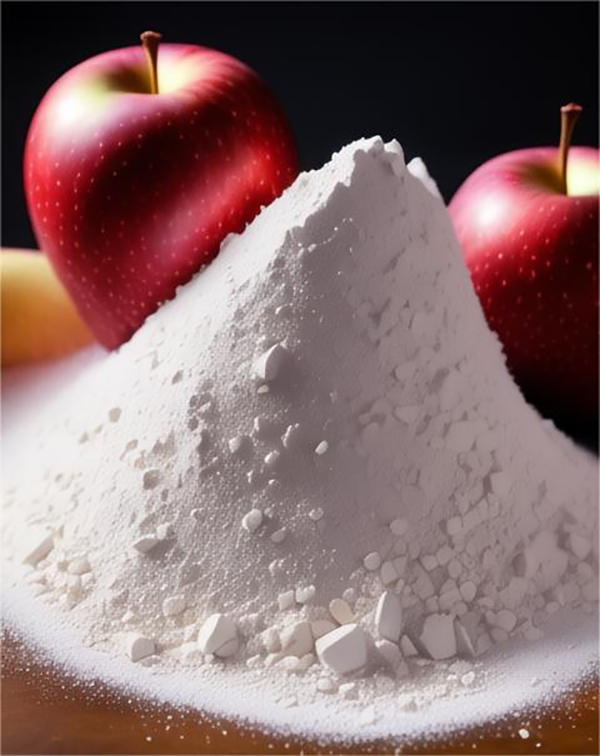
3. Anti-Inflammatory Effects
Phloretin: With its anti-inflammatory properties, Phloretin helps soothe irritated skin and reduce redness.
Centella Asiatica (Cica): Also known for its anti-inflammatory and healing effects, Centella Asiatica is often used to treat sensitive or damaged skin. It works well in conjunction with Phloretin to provide additional soothing benefits.
Green Tea Extract: Green Tea Extract is another popular anti-inflammatory ingredient that also offers antioxidant protection. However, its effects may be less targeted than those of Phloretin.
4. Skin Barrier Support
Phloretin: While not traditionally known for its direct effects on skin barrier function, Phloretin's anti-inflammatory and antioxidant properties contribute to overall skin health, which indirectly supports the skin barrier.
Ceramides: Ceramides are essential lipids that play a crucial role in maintaining skin barrier integrity. They are often included in skincare products to directly strengthen and repair the skin barrier.
Hyaluronic Acid: While primarily known for its hydrating properties, Hyaluronic Acid also helps support skin barrier function by retaining moisture and plumping skin.
5. Stability and Bioavailability
Phloretin: Due to its chemical structure, Phloretin can be challenging to formulate into stable skincare products. However, advances in technology have led to the development of stabilized forms of Phloretin that are more bioavailable and effective.
Other Ingredients: The stability and bioavailability of other ingredients vary widely depending on their formulation and delivery system. Some ingredients, like Vitamin C, may require special packaging or formulation techniques to maintain their potency.
In conclusion, Phloretin offers a unique combination of antioxidant, skin-brightening, and anti-inflammatory benefits that make it a valuable addition to many skincare routines. While other popular ingredients also offer significant benefits, Phloretin stands out for its multifaceted approach to skin health and its potential to work synergistically with other ingredients.
Contact:James Yang
Tel/WhatsApp: +8619992603115
WeChat:19992603115
Email: sales@xabcbiotech.com


